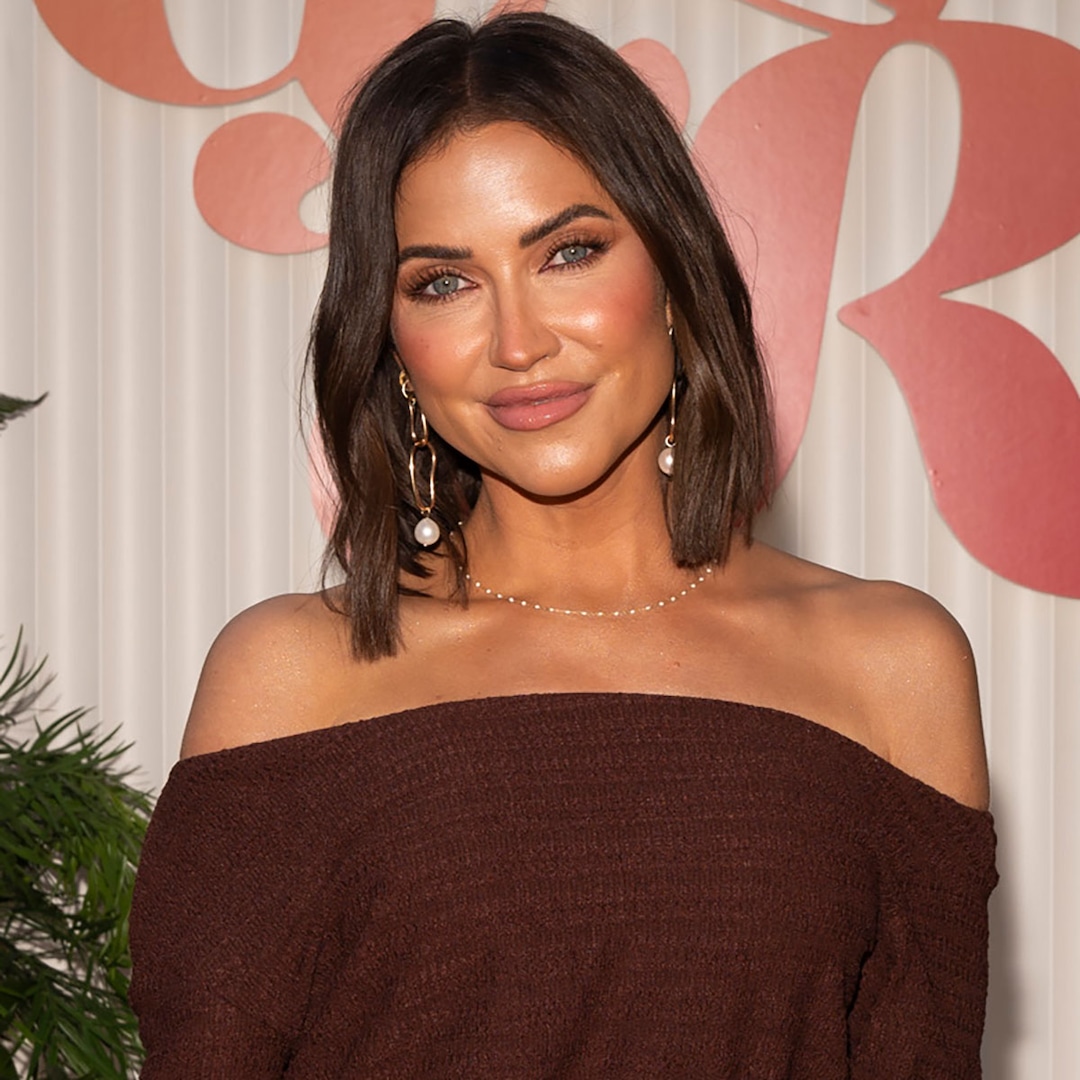Kaitlyn Bristowe Opens Up About Her Hair Loss Journey Post-Bachelorette
Former Bachelorette star Kaitlyn Bristowe has revealed her struggle with hair loss following her 2015 season, shedding light on the emotional toll of physical changes in the public eye. In a recent podcast episode, the 38-year-old detailed how stress, hormonal shifts, and societal pressures contributed to thinning hair—a rarely discussed consequence of reality TV fame. Her candid discussion underscores broader conversations about mental health and self-image among women.
The Hidden Toll of Reality TV Stress
Bristowe explained that her hair loss began shortly after filming wrapped, exacerbated by intense stress and a whirlwind of public scrutiny. “I remember looking in the mirror and seeing clumps of hair falling out,” she shared. “It wasn’t just about vanity—it felt like losing a part of myself.” Dermatologists note that telogen effluvium, a stress-induced hair loss condition, affects nearly 50% of women at some point, with triggers ranging from emotional trauma to dietary changes.
Dr. Emily White, a board-certified dermatologist, emphasizes the connection between mental health and hair health: “High cortisol levels disrupt the hair growth cycle. For public figures like Bristowe, the added pressure of constant judgment can accelerate these effects.” Studies show that 40% of women experiencing hair loss report significant anxiety or depression as a result.
The Emotional Impact of Public Scrutiny
Bristowe’s journey highlights the unique challenges faced by reality stars navigating sudden fame. “When you’re on a show like The Bachelorette, every flaw is magnified,” she said. Social media amplified her insecurity, with followers speculating about extensions or “bad styling” rather than recognizing a medical issue. Psychologist Dr. Lisa Chen notes: “Public figures often internalize criticism, which compounds stress-related conditions. Normalizing these conversations reduces stigma.”
- 72% of women with hair loss say it negatively impacts their self-esteem (International Journal of Women’s Dermatology, 2023).
- Reality TV contestants face a 300% increase in online harassment post-show (Journal of Media Psychology, 2022).
Breaking the Silence on Women’s Health
Bristowe’s transparency aligns with a growing movement of celebrities discussing “taboo” health topics. From postpartum hair loss to autoimmune conditions, public figures are challenging the myth of perfection. “I wish I’d known this was normal,” Bristowe admitted, advocating for better education. Brands like Nutrafol and Rogaine have since partnered with influencers to promote solutions, driving a 25% surge in hair-care sales since 2020.
What’s Next for Bristowe and Hair Loss Advocacy?
Now embracing her natural hair, Bristowe plans to collaborate with dermatologists to raise awareness. “Healing starts with honesty,” she said. Experts urge women to seek early treatment and prioritize stress management, noting that 80% of cases are treatable with intervention. For readers experiencing similar struggles, consulting a trichologist or joining support groups can be pivotal first steps.
Bristowe’s story reminds us that behind the glamour of reality TV lies a very human journey—one that resonates with millions. Share your story or seek help through organizations like the American Hair Loss Association to join the conversation.
See more The Buzz Live

